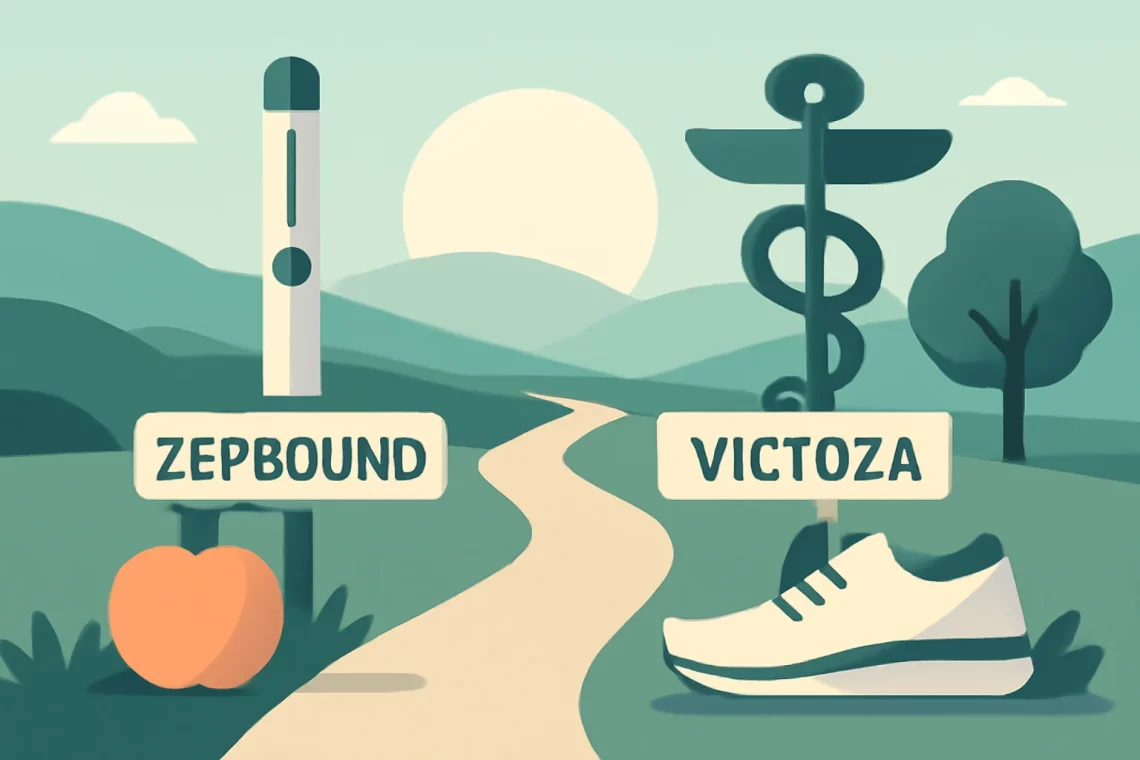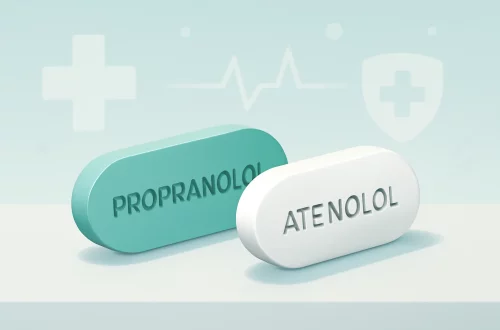
Zepbound vs Victoza: Which Diabetes Treatment is Right for You?
In recent years, the landscape of diabetes management has evolved significantly, with numerous medications being introduced to help individuals achieve better control over their blood sugar levels. Among these, Zepbound and Victoza have emerged as popular options for those managing type 2 diabetes. Both medications work through distinct mechanisms and offer unique benefits, making them suitable for different patient needs. As the prevalence of diabetes continues to rise globally, understanding the differences and similarities between these two medications is crucial for patients and healthcare providers alike.
Zepbound, a newer entrant in the diabetes medication market, has garnered attention for its innovative approach to glucose regulation. On the other hand, Victoza has been a staple for many patients for years, known for its efficacy and well-established safety profile. Choosing the right medication can be a daunting task, filled with questions about side effects, effectiveness, and how each option fits into an individual’s lifestyle and overall health plan.
In this article, we will delve into the specifics of Zepbound and Victoza, comparing their mechanisms of action, effectiveness, side effects, and overall patient experience. By shedding light on these aspects, we aim to provide a comprehensive overview that can assist patients and healthcare professionals in making informed decisions about diabetes management.
Mechanisms of Action
Understanding the mechanisms of action of Zepbound and Victoza is fundamental in grasping how each medication works to control blood sugar levels. Zepbound is a novel treatment that primarily focuses on hormone modulation to improve insulin sensitivity and reduce appetite. It acts by mimicking the effects of certain gastrointestinal hormones that are released in response to food intake. This leads to enhanced insulin secretion when glucose levels rise, while also decreasing glucagon secretion, which is crucial in preventing the liver from releasing too much glucose into the bloodstream.
In contrast, Victoza, which is a glucagon-like peptide-1 (GLP-1) receptor agonist, works by stimulating insulin secretion in a glucose-dependent manner. This means that Victoza helps the body release insulin only when blood sugar levels are elevated. Additionally, it slows gastric emptying, which helps to reduce postprandial blood sugar spikes and can also promote a feeling of fullness, aiding in weight management for those who may be overweight or obese.
The differences in their mechanisms also reflect on the patient population they may best serve. For instance, Zepbound may be more suitable for patients who struggle with appetite control, while Victoza may be better for those who need a dual approach to manage both blood sugar levels and weight. Understanding these mechanisms can guide healthcare providers in tailoring treatment plans that best suit individual patient needs.
Effectiveness in Blood Sugar Control
When comparing the effectiveness of Zepbound and Victoza in controlling blood sugar levels, clinical studies and patient outcomes are essential to consider. Both medications have been shown to effectively lower HbA1c levels, which is a key marker for long-term glucose control.
Zepbound has demonstrated significant efficacy in clinical trials, often leading to substantial reductions in HbA1c levels within a relatively short period. This rapid onset of action can be particularly beneficial for patients who require immediate improvements in their blood sugar management. Furthermore, Zepbound has shown promise in promoting weight loss, which is an essential component of diabetes management for many patients.
Victoza, on the other hand, has a longer track record of effectiveness. Many studies have established its ability to lower HbA1c levels effectively while also providing additional benefits, such as cardiovascular protection for patients with existing heart conditions. Its efficacy in weight management is well-documented, making it a solid choice for those looking to address both diabetes and weight issues concurrently.
Ultimately, the choice between Zepbound and Victoza may come down to individual patient profiles, including their specific health goals, any previous medication history, and how well they respond to each treatment. Both medications offer effective options for blood sugar control, but their effectiveness can vary based on personal health circumstances.
Side Effects and Considerations
Like all medications, both Zepbound and Victoza come with their own sets of potential side effects that patients should consider when making treatment decisions. Understanding these side effects can help individuals weigh the benefits against the risks associated with each medication.
Zepbound, being a newer medication, has a side effect profile that is still being examined through ongoing studies. Commonly reported side effects include gastrointestinal issues such as nausea, vomiting, and diarrhea. These side effects may be more pronounced when initiating therapy but often diminish over time as the body adjusts to the medication.
Victoza also carries a risk of gastrointestinal side effects, but it has a well-established safety profile due to its longer presence in the market. In addition to nausea and diarrhea, some patients may experience headaches, dizziness, and in rare cases, pancreatitis. Monitoring for these side effects is crucial, as they can impact a patient’s quality of life and adherence to the treatment regimen.
It’s important for patients to discuss their medical history with their healthcare provider to ensure that either medication is appropriate for them. Factors such as existing gastrointestinal conditions or a history of pancreatitis may influence the choice between Zepbound and Victoza.
Ultimately, the decision should be made collaboratively between the patient and their healthcare provider, taking into account the benefits, potential side effects, and individual health circumstances.
Patient Experience and Lifestyle Integration
When considering diabetes medications, the patient experience extends beyond the clinical efficacy and side effects; it also encompasses how well a medication fits into a patient’s lifestyle. Both Zepbound and Victoza have unique characteristics that can influence patient adherence and overall satisfaction.
Zepbound is administered via a once-daily injection, which may appeal to patients who prefer a less frequent dosing schedule. Its rapid action may also encourage patients who are motivated to see quick results in their blood sugar management. However, the potential for gastrointestinal side effects may pose a challenge for some, particularly those who are sensitive to new medications or who have a busy lifestyle that does not accommodate side effects well.
Victoza requires a similar daily injection, but it has the added benefit of a well-established support network, including patient education resources and community forums. Many patients find comfort in knowing that others have successfully managed their diabetes with Victoza, which can enhance motivation and adherence.
Integrating either medication into a daily routine also involves considering food intake, exercise, and overall lifestyle choices. Both medications can influence appetite and weight, which means that patients may need to adjust their dietary habits accordingly. Support from healthcare providers, dietitians, or diabetes educators can play a crucial role in helping patients navigate these changes successfully.
Ultimately, the choice between Zepbound and Victoza should reflect personal preferences, lifestyle considerations, and the guidance of healthcare professionals to ensure the best possible outcomes in diabetes management.
In conclusion, while Zepbound and Victoza both offer valuable options for managing type 2 diabetes, the decision on which medication to use should be made based on individual health needs and circumstances. Always consult with a healthcare professional for medical advice tailored to your specific situation.
*Disclaimer: This article is not intended to provide medical advice. Always consult with a healthcare professional for any health-related concerns or questions.*




